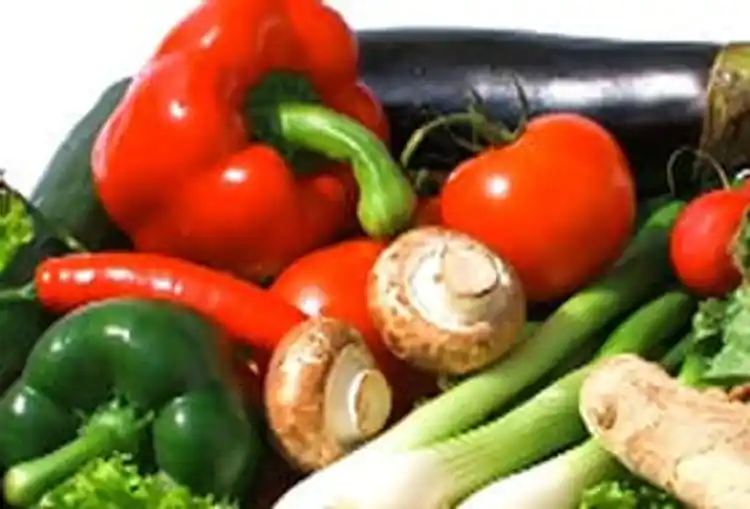Constipation and Diet

Hide Video Transcript
Video Transcript
The fluid and the protein and the fats and the carbohydrates. And then it reaches the colon which is about six feet—six, seven feet long in most people. The important concept I think to understand is that the intestine is basically a muscle. And it's 22 feet long and if you ingest food as you do every day and liquid, it's got to get somewhere. It's got to get through 22 feet of intestine to get—before it's processed and then eliminated. Fiber is very important and fiber comes in lots of different forms, but I think everybody's familiar with the fact that fruits and vegetables, particularly uncooked fruits and vegetables, with the skins in the case of fruits, and you know raw vegetables or steamed vegetables are really good and high in fiber and that's something that everyone should also consider having each day. In the absence of other symptoms, what we call alarm symptoms and they include blood, passage of blood or abdominal pain, if it's just a bit of mild bloating or discomfort associated with not moving your bowels on a regular basis, then I think you're certainly justified in just drinking more fluids, if that doesn't work trying to get as much fiber as you can in terms of fruits and vegetables, if that doesn't seem to help then going to the drugstore and getting something. If that helps that's fine. And if it goes away you're probably all right, but if it recurs or you're talking about something that lasts a week or two then it's something that definitely needs to be looked into.